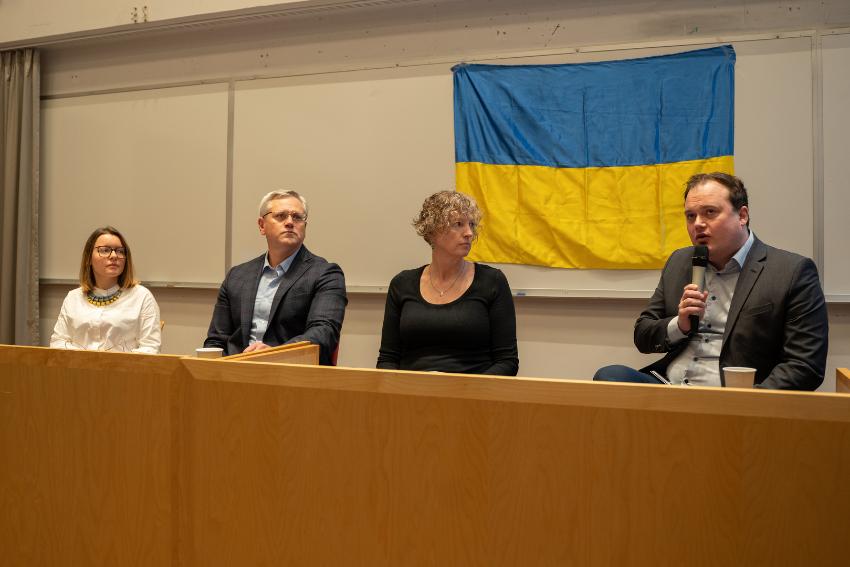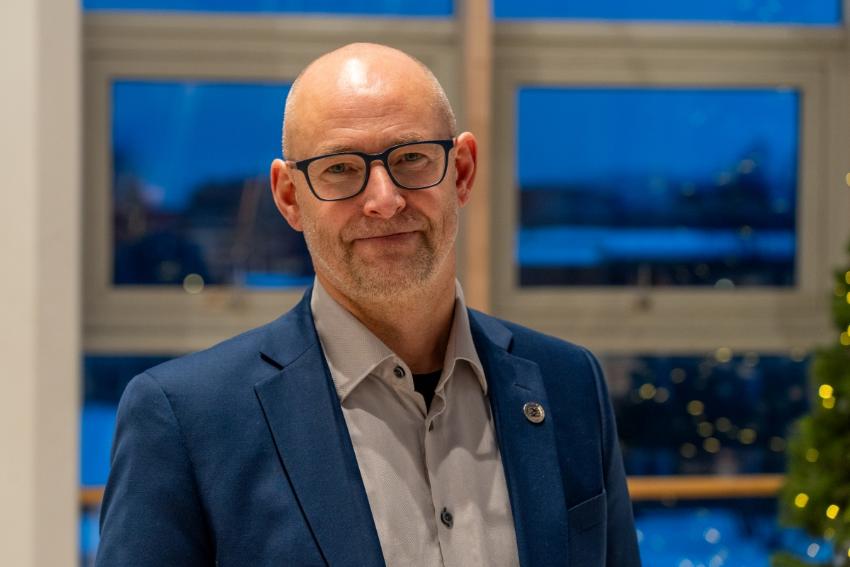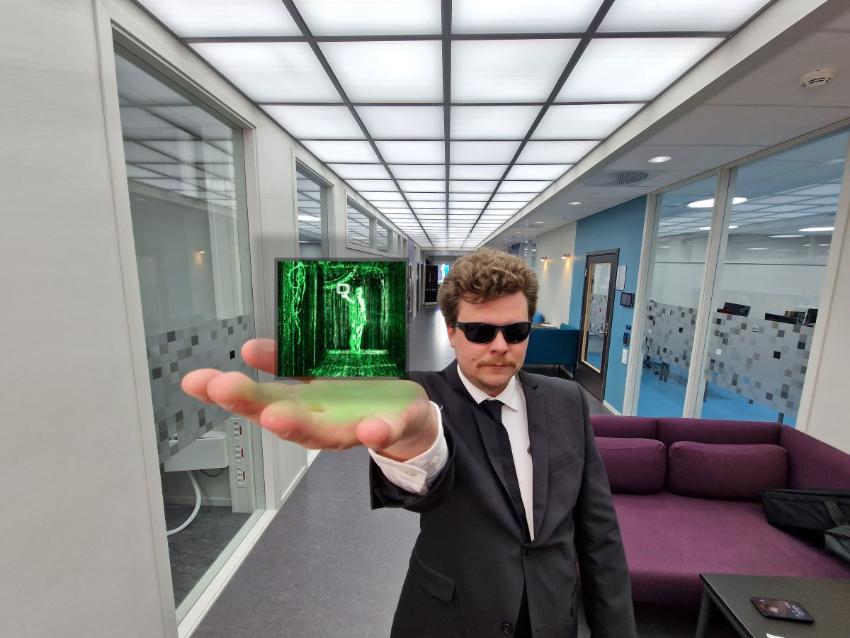Employers in Europe want to hire PhDs that are creative, innovative and supportive of others
Preliminary results from the DocTalent4EU project show that employers in Europe seek PhDs with skills to be proactive, good communicators and collaborative.

These skills are often called transferable, transversal, or soft skills. They are not specific to a narrow field of work or research field, but transferable between different types of fields and industries. In May the EU funded project DocTalent4EU met in Bergen for a project progress and work meeting. DocTalent4EU wants to improve attractiveness of research careers within and outside academia in Europe. To do so they are working on several different aspects, from identifying skills employers seek to development of training courses and talent management centers.
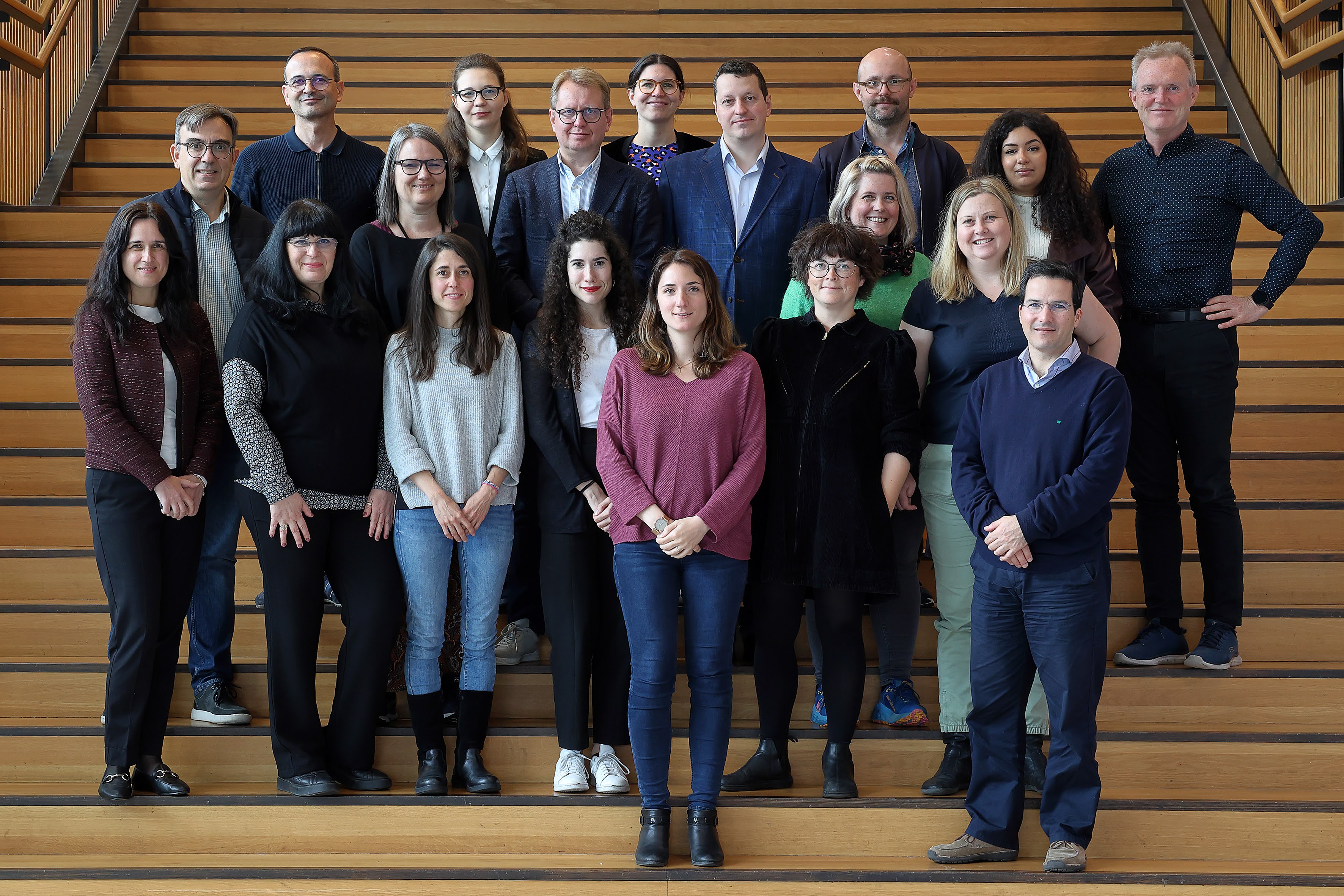
Soft skills make PhDs more hirable
Skills like communication, effectiveness, ability to work in teams and creative thinking are often hard to document and prove. People that have obtained a PhD are often specialized in a narrow field which might not be exactly what a company is looking for, but the soft skills that one acquires through a PhD program can be. To make PhD more hirable, DocTalent4EU want to enhance the soft skill competences of PhDs and make sure that the skills are well documented and recognized by future employers.
Part of the project is to identify which soft skill competences employers are looking for when hiring people with PhDs. They are doing this with three different approaches; analysis of job advertisements, surveys in companies, interviews, and machine learning to continuously update the soft skills requested by employers.
Preliminary results from analysis of job advertisements show that the top soft skills companies in Europe want are collaboration, communication, support others and have a proactive approach. While the first feedbacks from surveys with non-academic companies show that they want PhDs that think creatively and innovatively, can work with digital devices and are good at dealing with problems. The project will further do interviews with companies to get more in-depth answers for soft skills needs and how DocTalent4EU can develop better offers to meet these needs.
Training courses in soft skills and digital credential documentation will enhance employability of PhDs
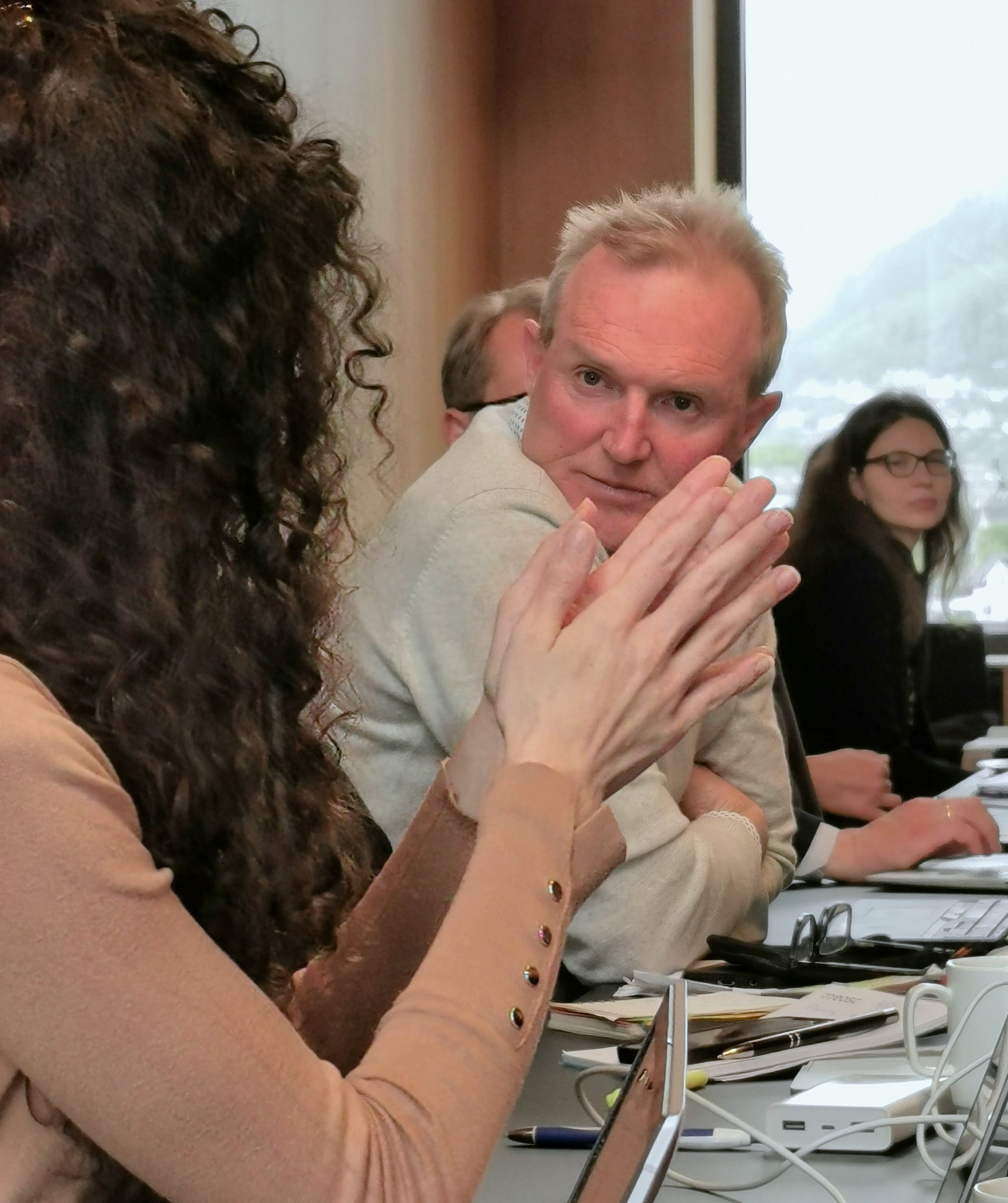
Based on a results from a previous EU-project (DocEnhance), DocTalent4EU will develop and pilot 3 new PhD courses to enhance transferable skills on “Effective communication, negotiation and science diplomacy”, “Team working and networking” and “Personal effectiveness and leadership”.
Each course will be run two times. Changes will be made before the second round. Changes will be based on feedback from both course participants and teachers.
To document the soft skills PhD candidates enhance with the courses they will be rewarded with digital certificates. These certificates will also contain badges that can be used on CVs or in job applications. Part of DocTalent4EU is therefore also to find the best ways of giving digital credentials and how these are perceived by potential future employers and to develop good practice usage of digital credentials.
DocTalent4EU will also make an open database on all the open access online courses for PhDs and make a best practice handbook for developing training courses in transferable skills.
Talent management centers to guide PhDs in their career paths
Figuring out what you want to do careerwise and knowing the possibilities while doing a PhD project can be challenging. Therefore, several institutions have started to, or are planning to, develop career centers designed for PhD candidates. Several institutions have already career centers for bachelors and master students, but the needs for these levels of education are a bit different from the needs for a PhD. As part of DocTalent4EU the partners will develop talent management centers in the partner institutions. Some institutions have centers which they will develop further, while others don’t have a talent management center and starts from scratch. UiT has an online career center and is under further development, while Western Norway University of applied sciences (HVL) is one of the institutions setting up a TMC for the first time.
HVL is leading this work in the project. So far, they have developed project guidelines for talent management centers and will later make good practice recommendations for these centers. DocTalent4EU has identified 7 services that a PhD focused talent management center should contain: PhD alumni engagement, posting of vacancies, mentoring and or coaching services, networking platforms, career development workshops, online resources, social media presence and soft-skills and professional development.
Will DocTalent4EU make PhDs more employable?

To know if a project has been successful, the results must be evaluated. UiT The Arctic University of Norway will lead the evaluation processes with Hanne Risan Johnsen in the driver seat. Evaluation of courses will be done with surveys after each pilot round. Talent management centers will be evaluated by PhD candidates and on local implementation.
They will also evaluate how future employers will perceive the soft skills credentials through surveys and interviews non-academic sectors. After the first round of piloting the new courses UiT will evaluate them with surveys to the PhD candidates and course givers. This feedback will be used to modify and improve the courses before the second trial run. Lastly, UiT will evaluate the overall impact of the project.
The DocTalent4EU project
DocTalent4EU is a two-year project working on soft skill competences for PhD candidates in Europe to make them more eligible in the work marked. DocTalent4EU is led by University Côte d’Azur with UiT and Western Norway University of applied sciences as some of the partners. Other partners in the project are Gheorghe Asachi Technical University of Iaşi, University of Alcalá, University of Porto, University of Limerick, and European University Foundation.
Kortnytt fra Fakultet for biovitenskap, fiskeri og økonomi, Institutt for arktisk og marin biologi, Norges fiskerihøgskole, Handelshøgskolen ved UiT
-
Fiskeri- og havbruksvitenskap - bachelor
Varighet: 3 År -
Fiskeri- og havbruksvitenskap - master
Varighet: 2 År -
Master of Philosophy in Visual and Multimodal Anthropology
Varighet: 2 År -
Arkeologi - master
Varighet: 2 År -
Hørelæredidaktikk - master
Varighet: 2 År -
Praktisk-pedagogisk utdanning i musikk - årsstudium
Varighet: 1 År -
Peace and Conflict Transformation - master
Varighet: 2 År -
Indigenous Studies - master
Varighet: 2 År -
Technology and Safety - master
Varighet: 2 År -
Sosiologi - master
Varighet: 2 År -
Nordisk - årsstudium
Varighet: 1 År -
Strategisk ledelse og økonomi - erfaringsbasert master
Varighet: 5 Semestre -
Engelsk - årsstudium
Varighet: 1 År -
Samfunnsplanlegging - bachelor
Varighet: 3 År -
Pedagogikk - bachelor
Varighet: 3 År -
Sosiologi - bachelor
Varighet: 3 År -
Arkeologi - bachelor
Varighet: 3 År -
Spansk - årsstudium
Varighet: 1 År -
Statsvitenskap - bachelor
Varighet: 3 År -
Spesialpedagogikk - master
Varighet: 2 År -
Pedagogikk - master
Varighet: 2 År -
Likestilling og kjønn - årsstudium
Varighet: 1 År -
Samfunnsplanlegging og kulturforståelse - master
Varighet: 2 År -
Økonomi og administrasjon - bachelor
Varighet: 3 År -
Logopedi - master
Varighet: 4 År -
Samfunnssikkerhet - bachelor
Varighet: 3 År -
Økonomi og administrasjon, siviløkonom - master
Varighet: 2 År -
Ledelse, innovasjon og marked - bachelor
Varighet: 3 År -
Ergoterapi - bachelor
Varighet: 3 År -
Grunnskolelærerutdanning for 1.-7. trinn - master
Varighet: 5 År -
Grunnskolelærerutdanning for 5.-10. trinn - master
Varighet: 5 År -
Samfunnssikkerhet - master
Varighet: 2 År -
Kunst - bachelor
Varighet: 3 År -
Kunsthistorie - master
Varighet: 2 År -
Musikkutøving - bachelor
Varighet: 4 År -
Religionsvitenskap - årsstudium
Varighet: 1 År -
Russisk - årsstudium
Varighet: 1 År -
Samfunnsøkonomi med datavitenskap - bachelor
Varighet: 3 År -
Sosialantropologi - bachelor
Varighet: 3 År -
Organisasjonsdesign og ledelse - master
Varighet: 2 År -
Statsvitenskap - master
Varighet: 2 År -
Historie - master
Varighet: 2 År -
Kunsthistorie - bachelor
Varighet: 3 År -
Tysk - årsstudium
Varighet: 1 År -
Filosofi - bachelor
Varighet: 3 År -
Kvensk - årsstudium
Varighet: 1 År -
Barnehagelærer - bachelor
Varighet: 3 År -
Forfatterstudium 2 - årsstudium
Varighet: 1 År -
Barnehagelærer - bachelor
Varighet: 3 År -
Organisasjon og ledelse for offentlig sektor - erfaringsbasert master
Varighet: 3 År
